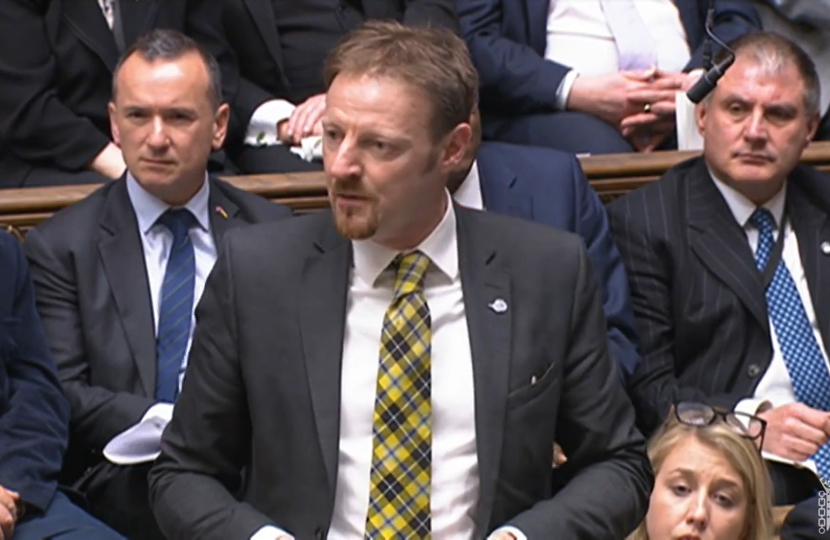
I’m no economist but have serious misgivings about the Bank of England’s approach to inflation. Firstly, the BofE kept interest rates far too low for far too long and now, by consistently increasing the base rate, is using a tool that fails to recognise the changes in the mortgage industry since interests rates were last excruciatingly high. Base rate rises do not have an immediate impact on the majority of UK households as they once did because most homeowners own their home without a mortgage and most households with a mortgage are still enjoying fixed rates that protect them from the changes in the base rate. Furthermore, base rate increases by the Government or Bank of England were traditionally used to bring inflation down by curbing consumer spending. Inflation in the past two years has been largely driven by increases in the cost food, energy and essential items. These are not optional extras for householders so sharp rises in interest rates are not effective as a tool to curb consumer spending. Inflation is now been driven by wage increases which are demanded by employees who face higher food, energy, mortgage and rent costs. Again, hikes in the base rate are effectively driving wage demands rather than curbing them. But the real harm being caused by the BofE is that base rate increases target those we describe as ‘just about managing’. These are the small group (about 2m households) that are coming to the end of a fixed-rate mortgage. This is hugely painful to these homeowners and to first time buyers. In contrast 36% of households that own their home outright and are likely to have some savings feel better off due to base rate increases and their spending habits are encouraged by better interest on their savings. So, growth in wages and consumer spending by those with cash in the bank is encouraged rather than curtailed by the Bank of England’s approach to inflation!
The Bank of England is right to have raised the base rate but you would have hoped that the Governor would give time to see if the measure is effective. Instead, the base rate has increased every month and I believe this error of the Bank of England will be exposed. I say this because millions of households will be forced to remortgage with much higher borrowing rates in the next 12 months as fixed-rate deals expire. Furthermore, the cost of credit and increases in wages will significantly impact key industries such as manufacturing, construction and hospitality. I hope I’m wrong, but I believe we are heading for a dramatic slowing of our economy almost entirely triggered by the Bank of England and not challenged by a Chancellor who seems terrified of holding the Governor Andrew Bailey, to account. Eyes are beginning to look towards the Chancellor’s Autumn Budget and the pressing task for Jeremy Hunt will be to find ways to create confidence and cut the cost of running a business and our homes.



